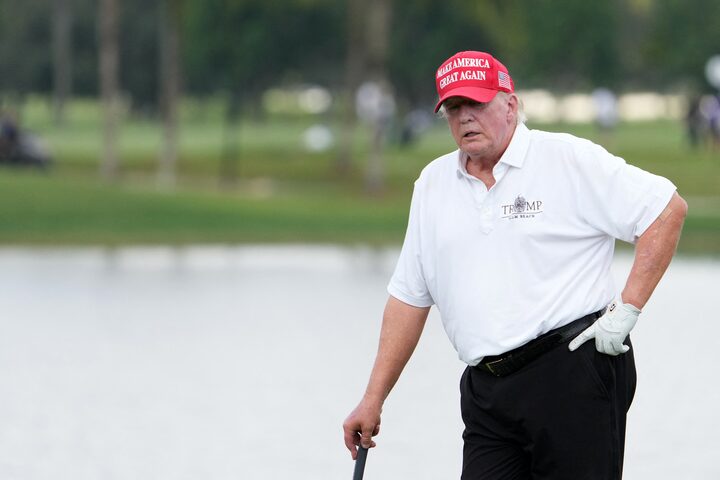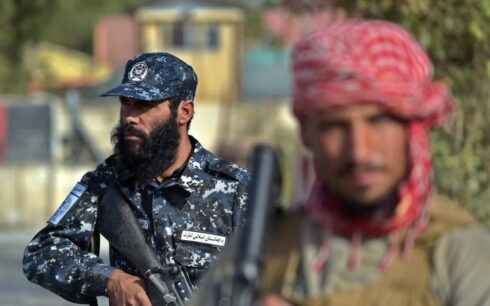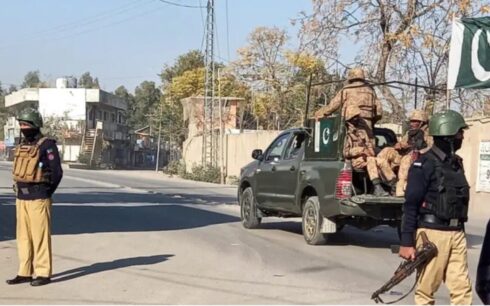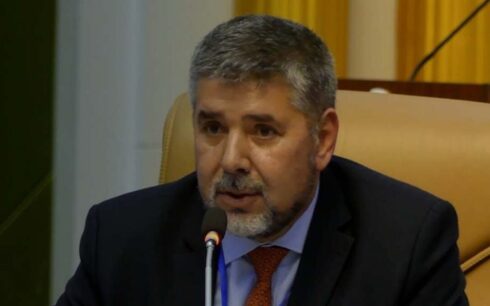Golf, an aristocratic sport tracing its roots to the Scottish royal family in the 16th century, has evolved over centuries. Once the pastime of monarchs, aristocrats, and landowners, it became a tool for diplomacy among world leaders in the mid-20th century.
Historians often credit Dwight D. Eisenhower, U.S. president from 1953 to 1961, as the pioneer of what came to be known as “golf diplomacy.” Eisenhower famously conducted informal negotiations with Western and Arab leaders, including Winston Churchill, Saudi Arabia’s King Saud, Australian Prime Minister Robert Menzies, Queen Elizabeth II, and Japan’s Prime Minister Nobusuke Kishi. These meetings on the golf course often yielded tangible diplomatic outcomes and helped reinforce alliances.
Subsequent American presidents also leveraged golf to build relationships. Barack Obama, for instance, held discussions with various world leaders during golf outings. Donald Trump, during his first term (2017–2021), embraced golf not only as a personal passion but as a platform for political and diplomatic interactions. Trump met with domestic policymakers, Congress members, and international figures such as Japan’s Prime Minister Shinzo Abe, Saudi Crown Prince Mohammed bin Salman, and Australian Prime Minister Scott Morrison on the golf course.
One notable outcome of these golf games was the strengthening of U.S.-Japan relations. Trump’s rounds with Abe symbolized a new chapter in the strategic partnership between the two nations.
Now, as Trump seeks a return to the White House at 78, questions arise about whether he will again wield golf as a diplomatic tool. Does he still have the energy and enthusiasm for golf diplomacy? And, more importantly, can he channel this sport to advance his domestic and international policy goals?
A new cast of players
If Trump resumes golf diplomacy, a key question is whether he will attract new figures to his proverbial table—or fairway. During his previous term, Trump brought in traditional allies. However, the geopolitical landscape has shifted since then. Will Trump extend his invitation to unconventional partners, such as the Taliban?
This is not a far-fetched scenario. After signing the Doha Agreement with the Taliban on February 29, 2020, Trump expressed openness to inviting the group’s leaders to Camp David. While the idea drew criticism, it underscored Trump’s unorthodox approach to diplomacy. The possibility of him hosting Taliban representatives at a golf course or another venue cannot be ruled out if he sees potential for advancing U.S. strategic interests.
Golf diplomacy in Afghanistan’s context
Trump’s history suggests a tendency to make impulsive decisions rather than adhering to a structured foreign policy. After returning to the White House, he might entertain the idea of using golf diplomacy to revisit Afghanistan, particularly given the region’s enduring strategic importance. Could he employ the metaphorical “golf course theories” in Afghanistan to counter the Taliban, this time with a more active military or diplomatic strategy?
During his presidency, Trump often acted on instinct, relying less on traditional diplomatic norms and more on his ability to negotiate personally. This unconventional style makes it conceivable that he could pivot between extreme options—from engaging the Taliban in dialogue to reasserting U.S. influence in Afghanistan through other means.
Challenges of reviving golf diplomacy
Trump’s penchant for theatrics and headline-grabbing gestures could complicate efforts to use golf diplomacy effectively. Unlike the relatively straightforward alliances of the Eisenhower era, today’s global dynamics are fraught with complexity. Engaging new partners, such as the Taliban, would not only be diplomatically controversial but also logistically challenging. The Taliban, unfamiliar with golf, might not embrace such overtures.
Moreover, the question remains whether Trump would prioritize symbolic gestures over substantive policy. Could his golf diplomacy yield tangible outcomes, or would it serve merely as a spectacle?
Final thoughts
While Trump’s approach to leadership often defies prediction, his reliance on personal charisma and unconventional methods could see a revival of golf diplomacy. Whether this would involve traditional allies or new players like the Taliban remains uncertain.
One thing is clear: upon his return to the White House, Trump’s foreign policy will likely continue to be characterized by bold, unpredictable moves. Whether golf diplomacy will feature prominently in this strategy—or if it will prove effective in today’s geopolitical climate—remains to be seen.
Nasrullah Stanekzai is an expert in political and international affairs and a former professor at the Faculty of Law and Political Science at Kabul University.
The views expressed in op-eds published by Amu are those of the authors and do not necessarily reflect the position of the publication.





